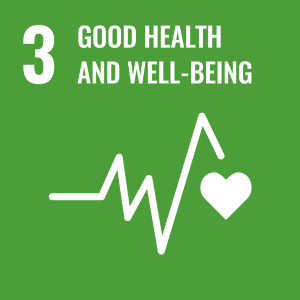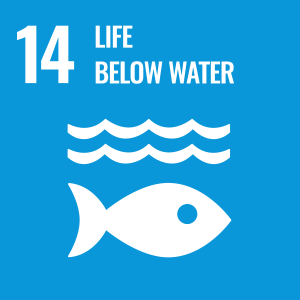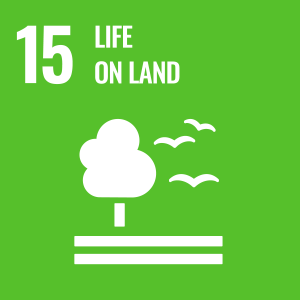Homeostasis and Response

Students will learn about the process of homeostasis, the human structure and function of the human nervous system, the brain, the eye and control of body temperature (Biology only), the human endocrine system and body glucose control, hormonal coordination in humans, the use of hormones to treat infertility, plant hormones (Biology only). Assessment throughout the course via quizzes, homework tasks, and end of topic tests followed by feedback to students.
Inheritance, Variation and Evolution


Students will learn about genetic inheritance, inherited disorders, sex determination, variation, evolution, selective breeding, genetic engineering, cloning (Biology only), evidence for evolution, fossils, extinction, resistant bacteria and classification of living organisms. Assessment throughout the course via quizzes, homework tasks and end of topic tests followed by feedback to students.
Ecology



Students will learn about adaptions, competition, abiotic factors and biotic factors, the organisation of an ecosystem, how materials are cycled in an ecosystem, decomposition, the impact of environmental change, biodiversity and the effect of human interaction on ecosystems, waste management, land use, deforestation, global warming, maintaining biodiversity, trophic levels in an ecosystem (Biology only) pyramids of biomass (Biology only), transfer of biomass, food production, factors affecting food security and biotechnology (Biology only). Assessment throughout the course via quizzes, homework tasks and end of topic tests followed by feedback to students.



